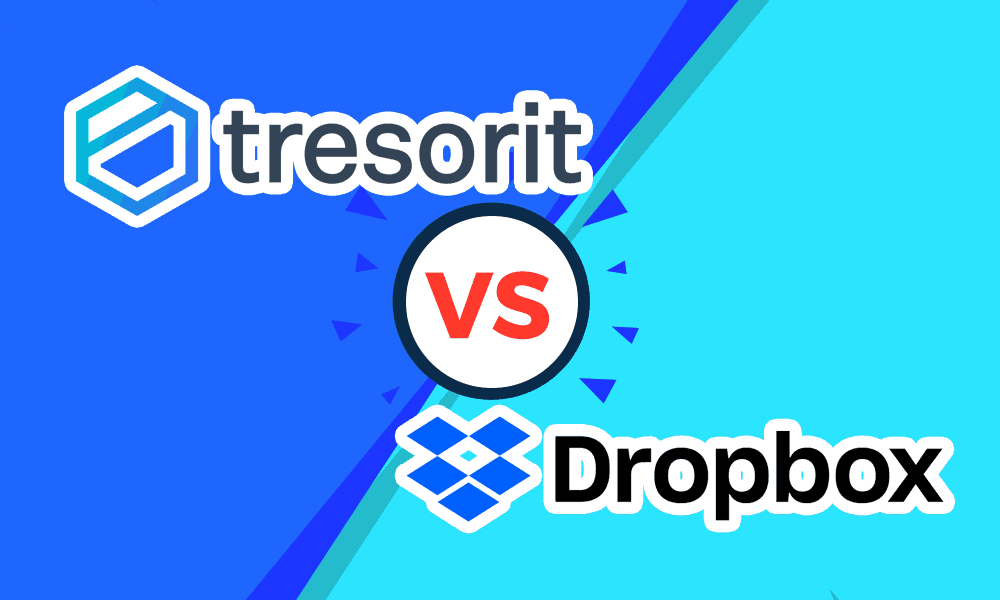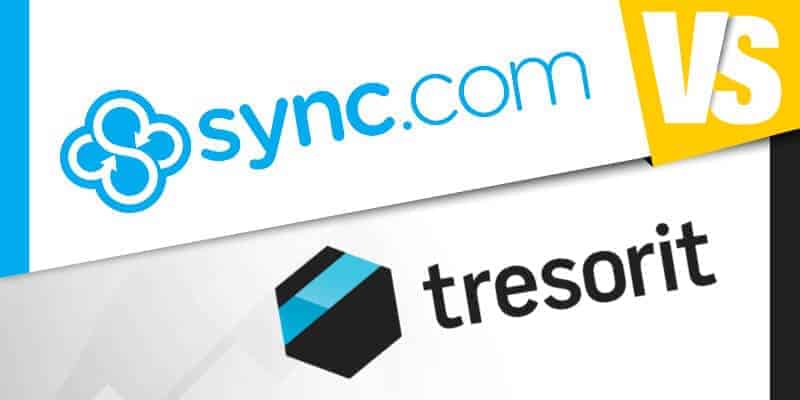

Secure cloud storage vendors need to provide a level of convenience on par with Dropbox-like, non-encrypted solutions. It wants new services without giving up the convenience it's used to with its current solutions. And this audience looks not just for a certain benefit. After a brief period of use by enthusiastic techies and early adopters, it inevitably needs to gain traction with a larger audience. And it will keep growing after each new breach or news of surveillance.Įvery technology moves along the technology adoption lifecycle. It may have seemed like a slow minority before Snowden, but by now, it's growing into an ever louder crowd. It's not just enterprises any more - small and medium businesses and everyday individuals are fed up with being afraid of getting hacked, or losing control over their files.
#Tresorit vs wuala full#
Cloud security is on the rise - from Zscaler's $100 million round to Box's attempt at providing some security for their enterprise clients. Forums, blogs and news sites are full of questions and advice on the subject. If the market is any judge, the answer is yes. But what constitutes enough added value? Is providing zero-knowledge security enough of a competitive advantage? Sure, industry experts advise building added value on top of storage. The key problem is that you can't build your business on storage. * this was even more important because of their innovative, „social” storage system – storing a part of everyone’s data on the computer’s of other users.Īs everyone keeps saying, the price of storage is plummeting to 0, but new cloud storage companies seem to crop up daily. With a large community of users, especially in Europe, a growing business customer base and first mover advantage on this market, they had everything going for them. In a way, it pioneered today's thriving cloud storage security market.

Even before security breaches at Dropbox and other services alerted the public to the dangers of the cloud, Wuala proved that there was need for a more secure solution. This is something that today's gigantic cloud providers still haven't figured out. They came up with a way to ensure zero-knowledge security* - preventing even their own admins from accessing data.
#Tresorit vs wuala for free#
One could even have traded their local storage for free cloud storage. When they launched their peer-to-peer cloud storage, data was stored both by Wuala users and Wuala servers.
#Tresorit vs wuala how to#
Before the public actually heard about cloud, they were already thinking one step ahead - how to store data without giving up control over it to a cloud provider.

Launched in 2008 as a university project from ETH Zürich, Wuala was way ahead of its time. I’d like to extend my personal welcome to Wuala users who chose Tresorit. We even developed a tool to help users migrate data securely from Wuala to Tresorit in collaboration with Wuala engineers. We are proud that Wuala recommends Tresorit to their users to keep their files safe after Wuala shuts down.Įveryone in our team is prepared and committed to deliver an excellent service. We share Wuala’s belief that storing and sharing files securely should not be the privilege of techies, but a right of any businesses and individual. We can do no more than finish what they started – secure the cloud. We also wish good luck to the team who developed Wuala in the past years. They have been a source of inspiration for European tech entrepreneurs and cryptographers alike. Its founders Dominik Grolimund and Luzius Meisser, who have started new ventures a few years ago, deserve praise for what they started. A pioneer of secure cloud storage, Wuala announced today that it is closing its service after 7 years.


 0 kommentar(er)
0 kommentar(er)
